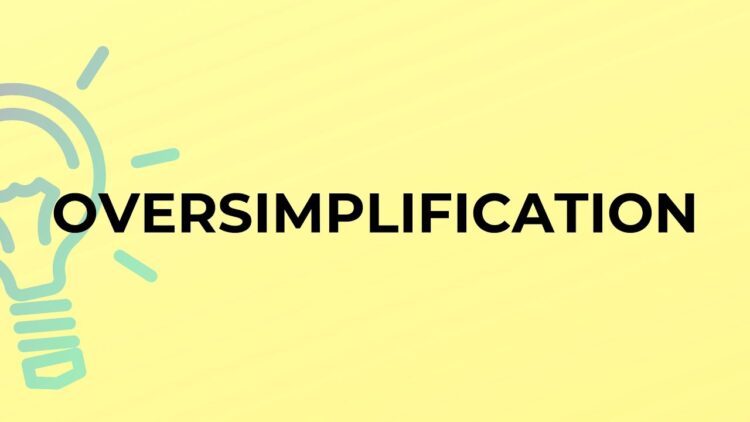Within the realm of philanthropy and charitable giving, there exists a valuable yet contentious entity known as charity evaluators. These organizations aim to provide donors with insights into the effectiveness and impact of various charities. While their intentions are undoubtedly noble, a growing debate questions whether charity evaluators unintentionally cause more harm than good. This article delves into the complexities of this issue, examining both the benefits and potential drawbacks of relying on these evaluation services.
Page Contents
The Role of Charity Evaluators
Charity evaluators play an integral role in the nonprofit sector. They offer donors a level of transparency and accountability that can be challenging to find otherwise. By rigorously assessing charities’ financial health, governance, and impact, these organizations empower donors to make informed decisions regarding resource allocation.
The Pitfalls of Oversimplification

Source: youtube.com
One significant concern surrounding charity evaluators is the oversimplification of nonprofit organizations’ work. Charities often operate in complex environments and tackle multifaceted issues, which can be challenging to condense into a simple rating or score. By reducing a charity’s worth to a single metric or letter grade, evaluators may inadvertently undermine the nuanced nature of their work.
The Impact on Charities
Charities also face challenges due to the presence of charity evaluators. Some argue that the pressure to conform to the metrics and standards set by evaluators can lead nonprofits to prioritize appearing favorable on these assessments over the actual work they do. This can divert resources away from their core missions and lead to a focus on short-term outcomes that are easier to measure, rather than addressing the root causes of social issues.
Potential for Donor Apathy

Source: summitchurchnw.com
Another concern is that charity evaluators might inadvertently foster donor apathy. When donors rely solely on ratings or grades, they may overlook lesser-known charities that are doing essential work in niches or regions that larger evaluators may not cover.
This can result in a concentration of funds towards a select few organizations, leaving others struggling for support. Learn how to maximize the impact of charitable donations with our strategies.
Balancing Act Informed Giving vs. Oversimplification

Source: forbeswealthblog.ca
While the debate over the impact of charity evaluators continues, it is essential to strike a balance between informed giving and oversimplification. Donors should view evaluations as one of many tools at their disposal when deciding where to donate. Instead of relying solely on ratings, individuals can consider a holistic approach, taking the time to research charities, engage with their mission and work, and even volunteer or visit them in person if possible.
Conclusion
In the philanthropic landscape, organizations undeniably provide a valuable service by shedding light on nonprofit organizations’ performance and impact. However, the risk of oversimplification, potential harm to charities, and the danger of donor apathy should not be ignored. Donors must recognize the limitations of charity evaluators and use their insights as just one piece of the puzzle when making giving decisions.
Ultimately, the question of whether charity evaluators like Charity Intelligence do more harm than good is a nuanced one. Charity Intelligence (CI) is a notable player in the charity evaluation arena that has stirred up its fair share of controversy.
Despite its stated mission to guide donors with its in-depth analysis and rankings, critics argue that its methodology is fundamentally flawed. The key lies in ensuring that these evaluations complement, rather than replace, thoughtful and informed giving practices. Donors should always remember that the heart of philanthropy lies in making a positive impact on the causes they care about, rather than chasing a top rating.





